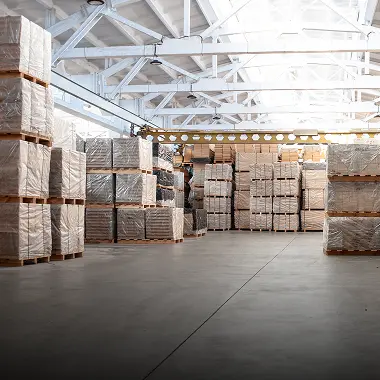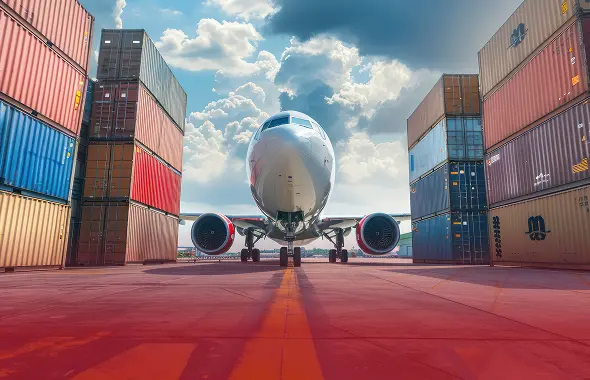2026 IMPEX HOLIDAY NOTICE - CANADA FAMILY DAY
캐나다 가족의 날 (Family day) 휴일 관련하여 안내 드립니다. CANADA는 가족의 날 (Family day)을 기념하기 위하여02/16일 (월요일) 휴무에 들어가며 그 다음날인 02/17일 (화요일) 에 정상 업무로 재개 됩니다....
Global Excellence in Supply Chain Management
IMPEX GLS supports our customers’ global growth through sustainable logistics innovation, prioritizing trust and efficiency in everything we do.
* All trademarks, logos, and company names are the property of their respective owners. They are presented solely to illustrate the range of clients Impex GLS has collaborated with. These references do not constitute any endorsement, sponsorship, or affiliation by or with the respective companies. Impex GLS makes no claims of partnership, agency, or representation of the listed entities.

A trusted leader in freight forwarding and logistics solutions.



A trusted leader in freight forwarding and logistics solutions.

캐나다 가족의 날 (Family day) 휴일 관련하여 안내 드립니다. CANADA는 가족의 날 (Family day)을 기념하기 위하여02/16일 (월요일) 휴무에 들어가며 그 다음날인 02/17일 (화요일) 에 정상 업무로 재개 됩니다....
...
...